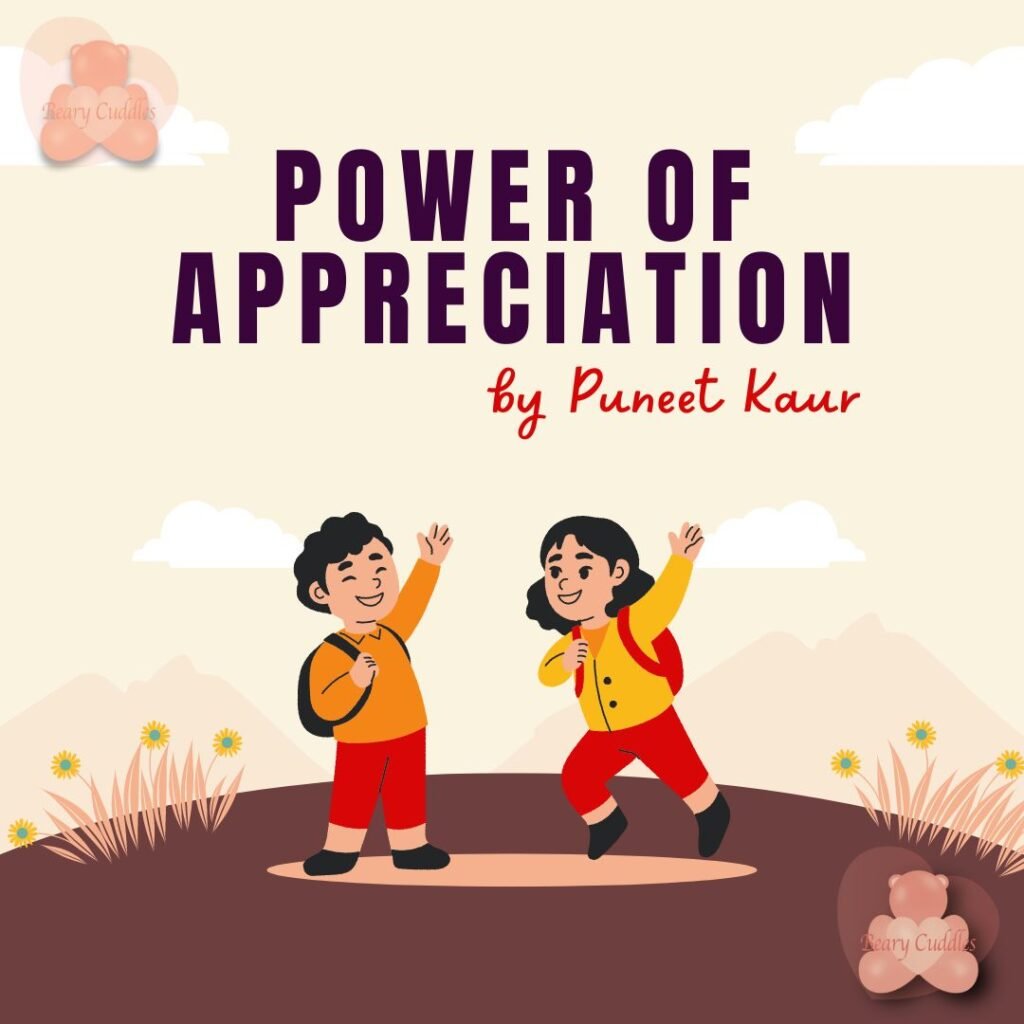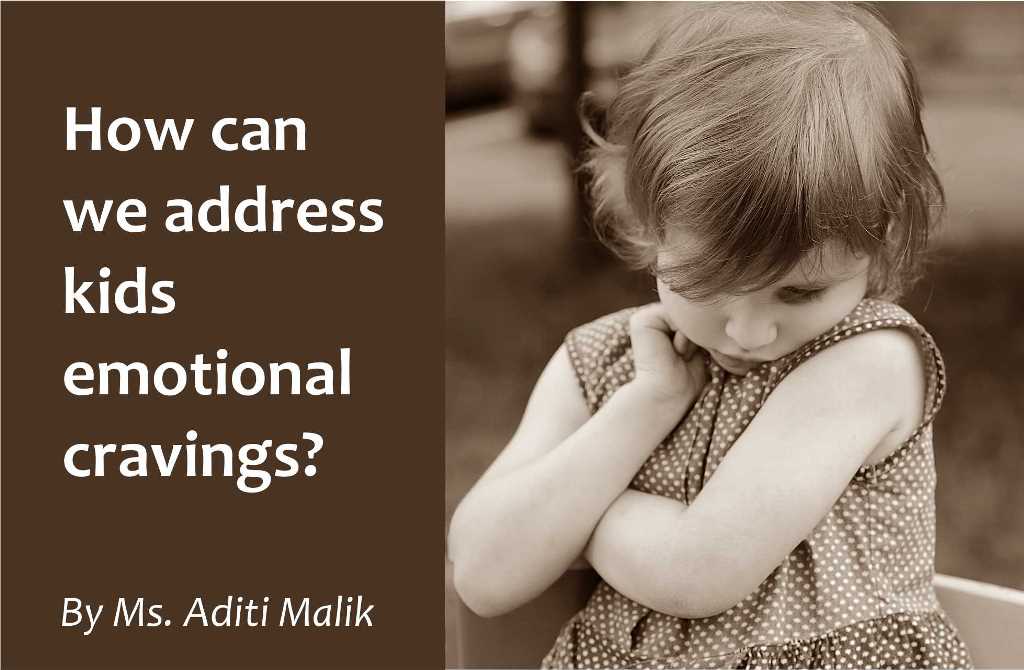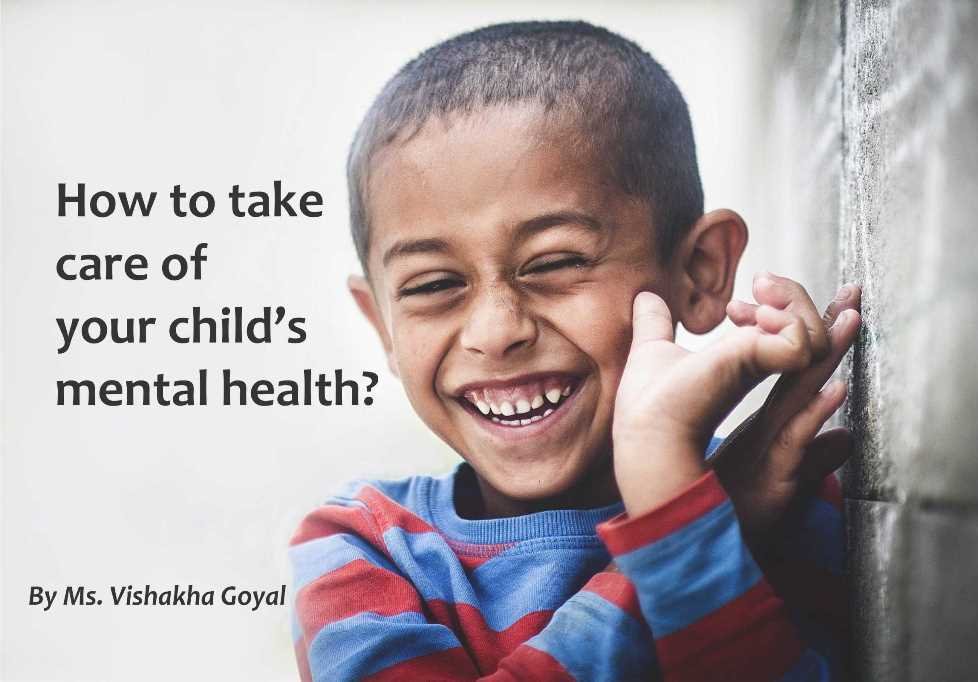
Mom’s guilt
Becoming a mom changes everything, but one of the most empowering things a mom can do is gain financial independence. It’s not just about making money—it’s about having the freedom to make decisions for yourself and your family without relying on anyone else.
In the journey from “Mom to Ma’am,” financial independence is like a key that unlocks a whole new world. It allows you to balance both being a mom and following your own dreams and goals. It’s about creating a life where you don’t have to choose between taking care of your kids and achieving your own personal success.
Taking Control of Your Life
When you’re financially independent, you have the power to make choices that are right for you and your family. Instead of depending on someone else for your financial security, you’re in charge of your own future. You can decide what career path you want to take, whether you want to start a business, or even just what’s best for your family in the long run. Financial independence means freedom. It means not having to ask for permission to follow your passions or make big life decisions.
One of the hardest things moms deal with is mom guilt. Whether it’s guilt about working too much or not spending enough time with the kids, it’s always there. But when you’re financially independent, you can learn to let go of that guilt. You’re not just doing it for yourself—you’re doing it for your family too. Showing your kids that you can balance both career and family teaches them important lessons about work, responsibility, and passion.
Financial independence for moms isn’t just about having more money; it’s about freedom. It’s about being able to make decisions that serve you and your family’s future. When a mom becomes financially independent, she gains confidence, control, and the ability to chase her own dreams while still being the loving, dedicated mom she always was.
So, as you go through your own journey from “Mom to Ma’am,” remember that you don’t have to choose between being an amazing mom and achieving your personal goals. You can do both—and financial independence is the key to unlocking that power.
The Power of Motherhood: How It Changes Us
The Power of Motherhood: How It Changes Us
Motherhood is a huge life shift. It’s not just about c aring for a child—it’s about how becoming a mom transforms us from the inside. The moment we step into the role of “mom,” everything changes, and not just in our daily routines. It changes who we are, how we see ourselves, and what we believe we’re capable of.
aring for a child—it’s about how becoming a mom transforms us from the inside. The moment we step into the role of “mom,” everything changes, and not just in our daily routines. It changes who we are, how we see ourselves, and what we believe we’re capable of.
The Moment Everything Shifts
When you become a mom, it feels like a switch flips. One minute, you’re just you. The next, you’re responsible for another person. Whether it’s the first time you hold your baby or the first sleepless night, that moment hits you hard. And while it’s overwhelming, it’s also the start of discovering a new side of yourself. You might find yourself feeling more patient, more protective, and sometimes even stronger than you ever knew you could be.
Reclaiming Your Identity as a Mom
The transition to motherhood often makes us feel like we’ve lost ourselves a little. It can feel like everything you do is for your kids, and it’s easy to forget who you are outside of that. But here’s the truth: you’re still you. Being a mom doesn’t mean losing yourself—it just means you’re now balancing a new role with your old one. It’s about figuring out how to be both “mom” and “you” at the same time.
And you know what? That balance isn’t always easy, but it makes us grow in ways we didn’t expect. You find yourself discovering a new layer of strength, patience, and love—one that makes you realize you can handle more than you ever thought possible.
The Emotional Rollercoaster
Motherhood brings with it a wave of emotions. There are days filled with joy—like when your baby says their first word or learns to walk. Then, there are moments when you’re worried about everything, questioning whether you’re doing it right. But all these emotions are what make being a mom so powerful. The love you feel is deeper than you ever thought you could experience, and it’s all-consuming at times. And with that love comes a protective instinct you can’t quite explain, but it’s real.
That emotional rollercoaster is exhausting, but it’s also what makes motherhood so meaningful. You learn so much about yourself and your capacity to love, give, and grow.
The Unspoken Bond
There’s something about the bond between a mother and child that’s hard to describe—it’s just different. From the first time you hold your baby, you realize that there’s a connection beyond words. You start to recognize their needs even before they can speak. And in return, your child gives you a love that feels unbreakable.
That bond doesn’t just affect your relationship with your child—it shapes the way you see the world. You become more present, more patient, and more tuned in to the people around you. It’s one of the most profound changes that come with motherhood.
In the End, Motherhood Changes Us for the Better
Motherhood is challenging, but it’s also one of the most rewarding journeys you’ll ever go on. It teaches you to be strong in ways you didn’t know you could be and opens your heart to a love deeper than you’ve ever experienced. And in all of this, you’re not just a mom—you’re a stronger, more compassionate, and more powerful version of yourself.
Significant Leaps to Appreciation
Over the years, growing up as a child, I carried a belief that you are appreciated and praised in life only when you are successful. Award is given only to winners. Tough competitions and struggles divided my mindset into only two categories- winners and looser. Praise and acknowledgement is served only to the best. The rest land nowhere. Either there is disappointment and loss or there is an applause and award. This ended up to create my fighter ideology.
Unless I performed well, I was never satisfied. Love was unconditionally offered but praise had to be earned not just with efforts and hard work but getting brilliant an outstanding results. Appreciation was conditional. If I do well, I have reward. And if I do bad, I get nothing. The same traditional concept raised me into a college achiever.
My parents endless efforts and sacrifices added to my guilt if I under achieved. But my journey and struggles somewhere remained unnoticed. I was never criticized, punished or ignored. But had to level up to a commendable benchmark which when not achieved restricted my appreciation or celebration. High hopes set on me to walk the achievers platform only brought disappointments and low self-esteem. My college course and professors somewhere brought back the spirit of determination and achievement as the course I studied offered self-exploration and I realized that I had a long way to go. For the first time, I got remarks in my files such as:-“painstaking efforts, praiseworthy thoughts, written with efforts and dedication” instead of just good, very good, excellent or just a signature. For the first time I felt somebody appreciated my hard work and efforts. It greatly motivated me back to become progressive and successful in pursuing my career.
To meet social expectations and fulfill personal needs of recognition, like many kids I put myself through stifle pressure and tireless efforts.
Usually, in the long run children who handle such situations end up killing their spark by giving up on their dreams or exhaust themselves to prove their capacity. Either of which is unhealthy. I chose to over work and devote my energies solely into this race.
Grades, marks were of great value and to get into the best of institutions, one had to crack competitive exam. But somewhere I found relief amidst all this pressure by focusing on doing what I enjoyed. But my basic zest of achievement that was ingrained so deeply returned back when I got a child of my own. I never negated or criticized her but internally had expectations from her too. Soon to realize that I do not want her to go through the same thing. I was open to the view due to my exposure and learnings that I have to be her support. She will take her own time to reach her full potential and I will not pressurize her for those outstanding results. I clapped at her every step when she learnt to walk, talk, play and do her tasks but slowly with time when academic pressure came, I forgot to appreciate that her improper circles also need appreciation.
The fact that the little things that are not perfect also deserve appreciation. Only then they grow better. It’s a basic human need.
In life also, we must have gratitude for every little thing. Power of appreciation gives encouragement, positivity and new hope in times of pain, frustration and anger and allows the person to constantly stay motivated when one has a lost sense of direction.
“It is like a bridge to victory which we fail to acknowledge” or “a rechargeable battery that repowers you” when everything is grey and cloudy.
It shifts our focus to see the good instead of just focusing upon the missing puzzle pieces thereby working more effectively in developing positive behavior and habits. A very positive environment is created and the child cannot get a better space than this to grow. We tend to overlook its advantages in the long run under the belief that it may spoil the child but it truly helps to shape the personality of the child to become progressive, more positive, resilient, more unstoppable and open to new experiences in life. So as rightly said “there are things to say besides just good job” and “praise can transform a prison into a temple”.
-By Puneet Kaur
Power of appreciation
 The Power of Appreciation in Child Development:
The Power of Appreciation in Child Development:
Six Principles to Nurture Growth.
Appreciation is a cornerstone of healthy child development. It shapes a child’s self-esteem, motivation, and social skills. When children feel valued and recognized, they are more likely to thrive in their learning and interactions. Here are six essential principles of appreciation that can enhance your approach to nurturing a child’s growth.
- Be Specific When Praising
Vague praise like “Good job!” often falls flat. Instead, be specific about what you’re acknowledging. For instance, saying, “I loved how you shared your toys with your friend today!” not only highlights the positive behaviour but also reinforces the value of sharing. Specific praise helps children understand what they did well, encouraging them to repeat those behaviours.
- Praise the Efforts/Progress, Not Only Results
Focusing solely on outcomes can create pressure and fear of failure. Instead, celebrate the effort and progress a child makes, regardless of the final result. For example, saying, “I’m so proud of how hard you worked on that puzzle!” emphasizes perseverance and resilience. This approach fosters a growth mindset, teaching children that effort is just as important as success.
- Praise and Correction Should Be at Separate Times
Mixing praise with correction can confuse children and undermine the effectiveness of both. When you need to offer constructive feedback, do so separately from praise. For example, acknowledge their hard work first, then address areas for improvement later. This strategy allows children to fully absorb your appreciation without feeling overwhelmed by criticism.
- Praise Must Be Genuine and Sincere
Children can sense insincerity, which can lead to distrust and diminish their motivation. Make sure your praise is heartfelt and authentic. If you struggle to find something to praise, take a moment to observe your child’s efforts closely. Genuine appreciation fosters a strong emotional connection and encourages children to take pride in their achievements.
- Praise in Public – Correct in Private
Public acknowledgment can boost a child’s confidence and reinforce positive behaviour. When a child does something commendable, celebrate it openly—like praising their performance in front of family or friends. However, keep corrections private to maintain their dignity and self-esteem. This balance helps children feel valued while also supporting their growth.
- Accentuate the Positive
In every situation, there are opportunities to focus on the positives. By highlighting what children do well, you create an environment where they feel safe to explore and take risks. Instead of saying, “You missed a few questions on that test,” you could say, “You did really well on the questions you understood!” This encourages a sense of accomplishment and motivates them to keep trying.
- Conclusion
The power of appreciation in child development is profound. By applying these six principles, you can help nurture a child’s self-esteem, resilience, and overall well-being. Remember, appreciation is not just a response; it’s a vital part of parenting and teaching. By making appreciation a regular practice, you contribute to a positive and supportive environment where children can flourish.
Start today: how can you show appreciation to a child in your life?
Multiple Intelligence
The theory of multiple intelligences was developed in 1983 by Dr. Howard Gardner, professor of education at Harvard University. It suggests that the traditional notion of intelligence, based on I.Q. testing, is far too limited. Instead, Dr. Gardner proposes eight different intelligences to account for a broader range of human potential in children and adults. These intelligences are:
- Linguistic intelligence (“word smart”)
- Logical-mathematical intelligence (“number/reasoning smart”)
- Spatial intelligence (“picture smart”)
- Bodily-Kinesthetic intelligence (“body smart”)
- Musical intelligence (“music smart”)
- Interpersonal intelligence (“people smart”)
- Intrapersonal intelligence (“self smart”)
- Naturalist intelligence (“nature smart”)
Dr. Gardner says that our schools and culture focus most of their attention on linguistic and logical-mathematical intelligence. We esteem the highly articulate or logical people of our culture. However, Dr. Gardner says that we should also place equal attention on individuals who show gifts in the other intelligences: the artists, architects, musicians, naturalists, designers, dancers, therapists, entrepreneurs, and others who enrich the world in which we live.
Unfortunately, many children who have these gifts don’t receive much reinforcement for them in school. Many of these kids, in fact, end up being labeled “learning disabled,” “ADD (attention deficit disorder,” or simply underachievers, when their unique ways of thinking and learning aren’t addressed by a heavily linguistic or logical-mathematical classroom.
The theory of multiple intelligences proposes a major transformation in the way our schools are run. It suggests that teachers be trained to present their lessons in a wide variety of ways using music, cooperative learning, art activities, role play, multimedia, field trips, inner reflection, and much more. The good news is that the theory of multiple intelligences has grabbed the attention of many educators around the country, and hundreds of schools are currently using its philosophy to redesign the way it educates children. The bad news is that there are thousands of schools still out there that teach in the same old dull way, through dry lectures, and boring worksheets and textbooks. The challenge is to get this information out to many more teachers, school administrators, and others who work with child
Digital Exposure & Experiencing Nature -The Balance Our Children Need
Digital Exposure & Experiencing Nature -The Balance our children need!
One of the perks of working as a parenting coach and counselor is being able to pull from your own experiences, both as a father and of course as a kid. This forces you to realize just how much has changed since your childhood. As a latchkey kid who thrived on fresh air, Extensive Playtime, and family dinners, I look at today’s generation of tech-savvy tots and wonder when — and, more importantly, how — this transformation occurred.
Today’s childhood is getting trapped in a world of gadgetry!
My first “owned” Gadget was at 21. A cellphone shared by my sister and me, but operated by my Father because ‘you all are young to use it and hey it is expensive!
The most telling difference between my childhood and the present, however, is today’s lack of time. Time to explore, time to experiment, time to be a child – which means, most importantly, time to play.
Mr.COVID having added to it all!
The Kids of the big cities and now rapidly increasing in Towns as well are living in a ‘citified’ environment- lack of connection with Nature.
A child, any growing child needs stimulation-
The Gadgets, The screens, The schools and even the parents are however becoming Overwhelming rather than stimulating to a child’s sensory demands.
The Child may have all the consumption but is steadily being devoid of the Engagement.
We are teaching our children how to make a living, but not life!
We’ve been telling them how we have made our way to the moon and back, but have trouble letting them meet the new neighbor.
This boon of ‘Digital Fidgeting’ has taken away the ‘Friendly Neighbourhood’.
Quite a Paradox is it not!
So, is there a way back from this? Should we reconsider?
Should we BAN the Digital world from a child’s life?
As a Parenting Coach, I have counseled and seen many cases where extremes have failed!
The answer one feels is in Division of the day, week, month.
Slowly and steadily compartmentalize the mind of the child to understand that the week is going to be designed into 2 parts.
Balanced between Boons of Digital Exposure to The abundance of Nature.
Children nowadays have many more opportunities to literally see the world than we had. In our time, we could only read about different countries and their culture through books. Now, there is digital media to support that experience and of course, not to mention the opportunity to travel and experience first-hand. so why not have a balance.
When you introduce your little one to animals and their sounds on the television, ensure you take her/him to the zoo to see those animals in their natural habitat and hear those sounds real in the next 2 days. This makes 2 days of both offering them Digital Exposure and Experiencing Nature.
When your child watches an animal animation fiction on the Tele, that same week Arrange for a trip to an Animal Café for her/him to feel the warmth and compassion of the animals of different kinds.
The above examples will ensure that a child will consume the ways and means of an animal kingdom, species, and their ways via digital boon and then experience the engagement when they visit such places and feel their sensory demands being satisfied.
A perfect example of balance and harmony of
Look, Listen & feel.
This can be tried in all aspects of the child’s interest. Now the child will know and appreciate the difference between learning from digital media and being and feeling in the real environment. The child enjoys and appreciates the worth of both aspects.
Woh kehte hain na, “ बच्चों को ये सिखाना चाहिए कि कैसे सोचें , ना कि क्या सोचें।
To me, this will create an environment for the child to recognize the balance between Consumption and Engagement.
-Santosh Bakhshi
A Life Coach & A Learning Father!
How can we address kids Emotional Cravings?
How can we address kids Emotional Cravings?
Kids crave for parents undivided attention. Gizmos, gadgets, devices all are an escape route for them when they are not given to do things they truly want to engage themselves with. Have we ever realized just as we have cravings children too crave for a lot of things? Cravings are not only associated with eating disorders or providing for a sweet tooth, there are emotional cravings too. These days the pace of life is so fast that it is easy to shrug off our children’s emotional and psychological needs. How about listening to those cravings of your child and addressing them one step at a time? While it may not be possible to settle all their needs and cravings in one go but as parents can we hear them out by paying close attention to what they truly desire from a parent? All that children need is an emotional connection with their parents or primary caregivers.
Here are 10 things that kids crave to do with their parents.
1. Mamma – Tell me story or read to me
2. Play hide and seek with me.
3. Involve me in your work. Can i help you mamma?
4. Can you get me a surprise today?
5. Can you take me to the garden today?
6. Let’s do a bubble bath together ?
7. Can you put nail paint on me.
8. Come with me, stay with me all the time.
9. When are we meeting my friends ? (Since lockdown this is one of the most frequently asked question by my girls.)
10. Don’t go to the office today. I want to play with you.
Well some ‘asks’ are easy and fun while the others may not be easy to address on an everyday basis and that is okay. What is important is, to understand that kids do not need expensive objects or toys, all they require is undivided attention, unstructured playtime and a non judgmental approach from their parents. So, what do your children crave from you? Do give it a thought. Hear them out. It’s time to get reflective and give them what they truly desire from you even if it is in piece-meal.
Let’s try to invest time in our children because these will help you build beautiful memories as a family. If we are able to give them the desired attention, that in itself is playing a big role in settling their cravings. So, what are you thinking? Get set going and be a family that has fun rather than the one that’s always on the run.
I hope you found this blog useful. Do share your ideas and suggestions on how you think kid’s cravings can be addressed.
Happy Parenting!
Aditi Malik
Blogger, Podcaster and Parenting Coach.
How to take care of your child’s mental health?
How to take care of your child’s mental health?
Living in the modern world, we all might have heard our peers’ discussing how emotional health is equally important as our physical health!
Well, it’s true. However, if you belong to Generation X or even if you are a Millennial, who is now a parent, you might relate to a lot of stuff discussed in this brief piece on mental health.
Remember the times when our hearts smiled more than our faces! Yes, I am referring to our childhood.
It was the time when innocence was the most prominent trait. Among our cousins and friends, there were occasional fights that lacked blame or ego.
A time when we used to play with toys that were not so electronic.
A time in life where the denial was mostly associated with “I won’t share my piece of cake or chocolate with anyone.”
A time so carefree… isn’t it?
While we grew up, every time somebody threw a No at us, most of us thought it’s such a blessing to grow up and live life on our terms. Little did we know of how much goes into living life on our own terms.
As we grew a little old and began experiencing the bits of life firsthand, we gradually enrolled ourselves for the rat race of making it big in life. Our spirits were then forced to carry the weight of performance and peer pressure.
Over time, these pressures and challenges lead to an understanding of the importance of emotional well being.
Would you like such a life for your child?
Definitely not! We all want our children to live a better life than ours and offer them the best possible support we can. Right?
Here, it’s crucial to note that just like physical health, emotional health is vital for the human body and soul.
Maintaining emotional wellbeing allows children and young adults to develop resilience to cope with whatever life throws at them and grow into well rounded, healthy adults.
Alarmingly, 70% of children and young adults experience a mental health problem such as depression, abuse, etc.
Most children grow up mentally healthy, but surveys suggest that many children and adolescents move towards depression and anxiety troubles. It has emerged to be a case because of the frequent changes in the way we live and how that affects a child’s experience growing up.
How can you maintain your Children’s mental health?
1. Parental Help: Parents must have a warm, open relationship with their children. One essential job to be done is to pay full attention to your child and acknowledge their feelings. Reaching out and talking to them would help them avoid finding solace in harmful distractions like Smartphone’s, gaming, prohibited activities, etc.
2. Professional Help: A parental coach can assist and advise you to better understand your relationship with the child and provide you with the right tools to correct behavioural issues.
Let’s learn more about professional help.
Parent coaching sessions offer the progenitors with the tools required to handle nearly any situation in the family. The certified coaches are proficient in assisting moms and dads in creating a roadmap to:
● learn efficient ways to respond to scenarios instead of reacting abruptly
● imbibe ways to become patient and kind towards the child
● creating a calmer, happier, and more inviting environment for the child
● improve the overall relationship between parent and child
● learning effective ways to communicate with children of every age
● understanding the behavioural patterns and demands of children
We all are living in lifestyles that are busy and hectic. Reaching out for coaching helps solve prevalent issues and teaches parents the right way to deal with their child and avoid any arguing, whining, or bickering with them.
Each session provides techniques, tools, and strategies to handle specific family life issues. A coach avoids talking about the past and instead focuses all attention on now and the days ahead. With assistance, parents produce results by developing clear, concise steps to determine intentions, values, and goals for moving forward to a healthier family.
With every session, a parent can learn new techniques, strategies, or methods to handle specific family issues. A parent coach would always motivate you to focus on the future and avoid talking about the past. With the right assistance, you, as a parent, can witness fantastic results, leading to form a healthy and happy family.
While looking for your child’s mental health, below are some other aspects that can be worked upon are:
1) Maintaining good physical health, eating a balanced diet and following a regular exercise routine
2) Making them feel loved, trusted, understood, valued and safe
3) Making them learn and grab opportunities to succeed
4) Accepting who they are and recognizing what they are skilled at!
5) Since your child can test your nerves, attaining mindfulness will make you happier and let you manage anxiety, stress, and depression.
Author
SHINE AS A PARENT
SHINE AS A PARENT
I Guess All We Can Do Is Stay Devoted To Our Children And Be Generous With Our Time. Our Children Should Always Be Our Number 1 Priority.
Try Not To Teach Your Fears To Your Kids. Introduce Your Children To What’s Possible
- LEAD BY EXAMPLE : the best way to influence your kids is to walk the talk. Model the behavior you wish to see. Those little eyes watch everything you do. I refer these from “Family Wisdom from the monk who sold his Ferrari”. Which is a book that will be very helpful to you as you grow young leaders at home.
- DEVELOP YOUR CHILDREN : see yourself not just as a parent to your children but as a “developer” of them. It is important to actively develop their minds, hearts and soul. That’s your job expose them to great art. Introduce them to cool people who produce unique ideas
- INSPIRE YOUR KIDS, Big ideas : parents teach their children how to view the world. Parents show kids the way the world works. And if you see the world as a place of limitations, so will those little people you are raising. Try not to teach your fears to your kids.
Introduce your children to what’s possible. Inspire them to be great human being who will elevate the world – in their own special way.
Be an enabler. Encourage them always because “ skills can be developed by non correctional methods”.
Fasiha Shaik
Parenting Coach
















